Ireland vs UK for Indian Students | Education, Costs, Visa, PR & Job Comparison 2025
%20(1)_14-11-2025_03-52-25%20PM.webp&w=3840&q=75)
Choosing the right country for higher education is a big decision, especially when both are globally renowned. Both countries offer excellent universities, post-study work options, and vibrant student life when it comes to choosing between Ireland the UK for studying abroad. However, the choice ultimately depends on factors such as affordability, visa policies, and job opportunities. Now, let's dive deeper into what each country offers to help you decide upon the better destination between Ireland vs UK for Indian students.
Overview – Ireland vs UK Education Comparison
Ireland and the UK are the favourite destinations for Indian students to get quality education in an English-speaking country. The UK has always been a global hub of higher education, housing the most renowned universities like Oxford, Cambridge, and Imperial College London. Ireland, although small, has gained momentum in recent times with its technology-based courses, friendly atmosphere, and strong connections with global employers like Google, Microsoft, and Pfizer.
While the UK can boast of more varied programs and a greater number of universities, Ireland is notable for its innovative teaching methods, its growing international student community, and the simplification of post-study work options.
Quality of Education in Both Countries
Ireland and the UK both provide a high standard of academic education. Within the UK higher education system, academic depth, research focus, and flexibility in course selection are valued highly. British universities are very often ranked within the top 100 in the world and cover most fields, like engineering, business, medicine, and humanities.
Meanwhile, Ireland's education system implements industry-based learning and research innovation. The Irish universities, Trinity College Dublin and University College Dublin, hold excellent prestige in technology, business, and pharmaceutical studies. Ireland's close partnership with multinational companies ensures that courses remain practical and aligned with job market needs.
For Indian students, the balance between academics and employability is well met with Ireland's applied learning model.
Tuition Fees and Living Costs
Cost does indeed play a major role in the decision to study in Ireland vs UK.
-
Tuition Fees in UK: Tuitions for Indian students in the UK range from £15,000–£30,000 per year, depending on the course and institution. London remains one of the most costly student cities in Europe.
-
Tuition Fees in Ireland: Tuition fees are comparatively low, typically in the range of €10,000–€25,000 annually. Besides, most Irish universities provide scholarships to their international and Indian students.
Living Costs:
Accommodation and transportation in the UK, especially in London and southern England, are more expensive. The average annual living expense is about £12,000-£18,000.
The cost of living in Ireland is €10,000–€15,000 per year, depending on the city. Dublin is more expensive than other smaller cities like Cork, Limerick, or Galway.
In a nutshell, Ireland is more affordable for Indian students, specifically regarding general living expenses.
Work Opportunities after Studies
The opportunities for post-study work often determine whether students can gain international experience after graduation.
-
UK: The Graduate Route Visa allows international students to stay for 2 years (Bachelor’s/Master’s) or 3 years (PhD) after completion of the degree. In this time, students can work or look for full-time employment.
-
Ireland: The Third Level Graduate Scheme offers 2 years of stay for Master’s and PhD graduates and 1 year for Bachelor’s degree holders.
Visa Rules and PR Pathways
Visa rules are an essential part of Ireland or the UK, which is better for the study abroad debate.
-
UK Student Visa (Tier 4): It requires proof of funds, a CAS (Confirmation of Acceptance for Studies), and English proficiency-usually IELTS. While the visa process is streamlined, transitioning to Permanent Residency (PR) can take longer, typically 5 years of continuous skilled work.
-
Ireland Student Visa (Stamp 2): Easier documentation process, clear guidelines regarding rules for part-time work, and post-study stay. For PR, students usually require 5 years of residence, but the process is often considered simpler and more transparent compared to the UK.
Thus, Ireland offers slightly easier PR pathways for students who plan to settle long-term.
Job Market and Industry Connections
-
UK Job Market: The UK has a diverse, competitive employment landscape, especially strong in finance, healthcare, engineering, and business. London, Manchester, and Birmingham host numerous multinational companies. However, due to the large number of graduates, competition is intense.
-
Ireland's Job Market: Ireland has one of the strongest economies across the globe, which presents excellent job opportunities, especially in tech and pharmaceuticals. Major global firms like Google, Meta, Apple, Pfizer, and Intel house their European headquarters in Dublin. The country's membership in the EU single market also provides access to Europe-wide employment options.
In general, Ireland has strong job prospects across high-demand industries, especially for STEM and business graduates.
Differences in Culture and Lifestyle
Both countries have their cultural heritage, but there is a slight difference in lifestyle.
-
UK Culture: The UK is a unique mixture of modernity and tradition. It has several different cities and historical places. The lifestyle of students in big cities like London or Edinburgh is definitely fast-moving.
-
Ireland Culture: Ireland is known for its friendly locals, safe environment, and welcoming attitude toward international students. The pace of life is more relaxed and makes it easier for new people to adjust to.
For Indian students who like a tight-knit community feel, Ireland can feel more homely, while the UK offers a more cosmopolitan and diverse experience.
Pros and Cons of Each Destination
? UK – Pros:
-
Internationally recognised universities.
-
Larger academic network and course options.
-
2-year post-study work visa.
-
A global exposure with strong alumni connections.
? UK – Cons:
High living costs, particularly in London.
Competitive job market.
Longer PR process.
? Ireland – Pros:
-
Comparatively inexpensive education and living.
-
2-year post-study work permit for Master’s graduates.
-
Smooth PR pathway.
-
Friendly, safe, and welcoming culture.
-
Strong job market in technology and pharmaceuticals.
?Ireland – Cons:
-
Fewer universities compared to the UK.
-
Smaller labour market.
-
The weather can be unpredictable and wet.
The broader implications of the two causes bring the economic, political, social and cultural stability of the country into question.
Conclusion
While comparing Ireland vs the UK for Indian students, it is all about your priorities. If you are looking for prestigious global universities, diverse programs, and wide exposure, the UK might suit you better. But if you prefer affordability, strong industry links, and easier PR opportunities, Ireland could be your ideal destination. Both countries provide world-class education, but when it comes to students seeking career opportunities, a friendly environment, and value for money, Ireland has the edge in 2025.
Frequently Asked Questions
Is Ireland better than the UK for Indian students?
Yes, Ireland is often considered better for affordability, post-study work options, and a more welcoming environment.
Which country offers better job opportunities?
While the UK job market is bigger, Ireland has high-demand jobs in tech, finance, and healthcare.
Where would be more budget-friendly: the UK or Ireland?
Generally, Ireland is more affordable in terms of tuition and living costs.
Which country has easier PR options for graduates?
Ireland has a simpler and more transparent PR process compared to the UK.
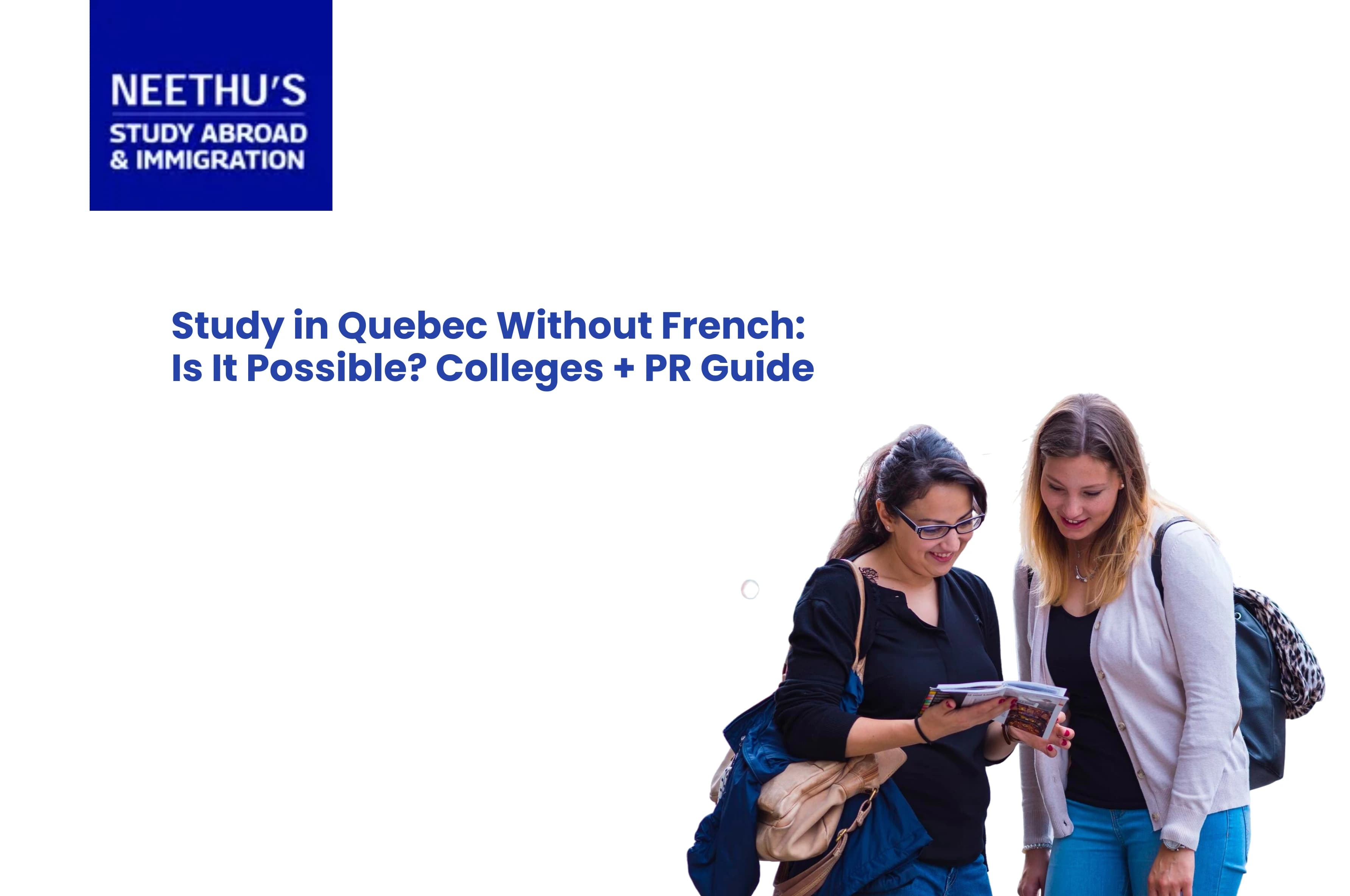





















_03-12-2025_01-17-26%20PM.webp&w=3840&q=75)
_02-12-2025_03-07-49%20PM.webp&w=3840&q=75)

_27-11-2025_04-06-24%20PM.webp&w=3840&q=75)
_25-11-2025_04-38-18%20PM.webp&w=3840&q=75)
_24-11-2025_03-20-26%20PM.webp&w=3840&q=75)
_22-11-2025_12-44-47%20PM.webp&w=3840&q=75)
_21-11-2025_04-17-47%20PM.webp&w=3840&q=75)
_20-11-2025_03-55-26%20PM.webp&w=3840&q=75)
_18-11-2025_04-00-40%20PM.webp&w=3840&q=75)
_15-11-2025_10-48-43%20AM.webp&w=3840&q=75)
_13-11-2025_03-02-38%20PM.webp&w=3840&q=75)
_08-11-2025_04-15-36%20PM.webp&w=3840&q=75)
_05-11-2025_04-01-50%20PM.webp&w=3840&q=75)
_05-11-2025_03-46-26%20PM.webp&w=3840&q=75)
_03-11-2025_03-31-09%20PM.webp&w=3840&q=75)
_04-11-2025_.webp&w=3840&q=75)
_04-11-2025_.webp&w=3840&q=75)
_28-10-2025_04-09-08%20PM.webp&w=3840&q=75)
_24-10-2025_05-10-31%20PM.webp&w=3840&q=75)
_24-10-2025_04-55-51%20PM.webp&w=3840&q=75)
_22-10-2025_04-40-20%20PM.webp&w=3840&q=75)
%20(1)_21-10-2025_03-05-46%20PM.webp&w=3840&q=75)
_21-10-2025_02-43-15%20PM.webp&w=3840&q=75)
_17-10-2025_05-08-52%20PM.webp&w=3840&q=75)
_17-10-2025_04-54-54%20PM.webp&w=3840&q=75)
_15-10-2025_03-46-47%20PM.webp&w=3840&q=75)
_14-10-2025_03-42-40%20PM.webp&w=3840&q=75)
_14-10-2025_03-29-48%20PM.webp&w=3840&q=75)
_13-10-2025_03-48-51%20PM.webp&w=3840&q=75)
_11-10-2025_04-28-42%20PM.webp&w=3840&q=75)
%20(1)_09-10-2025_04-12-08%20PM.webp&w=3840&q=75)

_07-10-2025_02-55-25%20PM.webp&w=3840&q=75)
_07-10-2025_02-39-51%20PM.webp&w=3840&q=75)
_06-10-2025_03-42-37%20PM.webp&w=3840&q=75)
_03-10-2025_04-42-59%20PM.webp&w=3840&q=75)
_01-10-2025_11-12-12%20AM.webp&w=3840&q=75)
%20(1)_29-09-2025_02-54-12%20PM.webp&w=3840&q=75)

_26-09-2025_12-14-18%20PM.webp&w=3840&q=75)
_24-09-2025_04-44-26%20PM.webp&w=3840&q=75)
_23-09-2025_04-14-36%20PM.webp&w=3840&q=75)
_22-09-2025_04-08-09%20PM.webp&w=3840&q=75)
_20-09-2025_03-26-03%20PM.webp&w=3840&q=75)
_17-09-2025_04-06-42%20PM.webp&w=3840&q=75)
_15-09-2025_04-43-43%20PM.webp&w=3840&q=75)
_13-09-2025_12-17-49%20PM.webp&w=3840&q=75)
_12-09-2025_04-31-36%20PM.webp&w=3840&q=75)
_12-09-2025_04-17-03%20PM.webp&w=3840&q=75)
_10-09-2025_03-59-59%20PM.webp&w=3840&q=75)
_09-09-2025_04-11-16%20PM.webp&w=3840&q=75)
_09-09-2025_03-53-52%20PM.webp&w=3840&q=75)


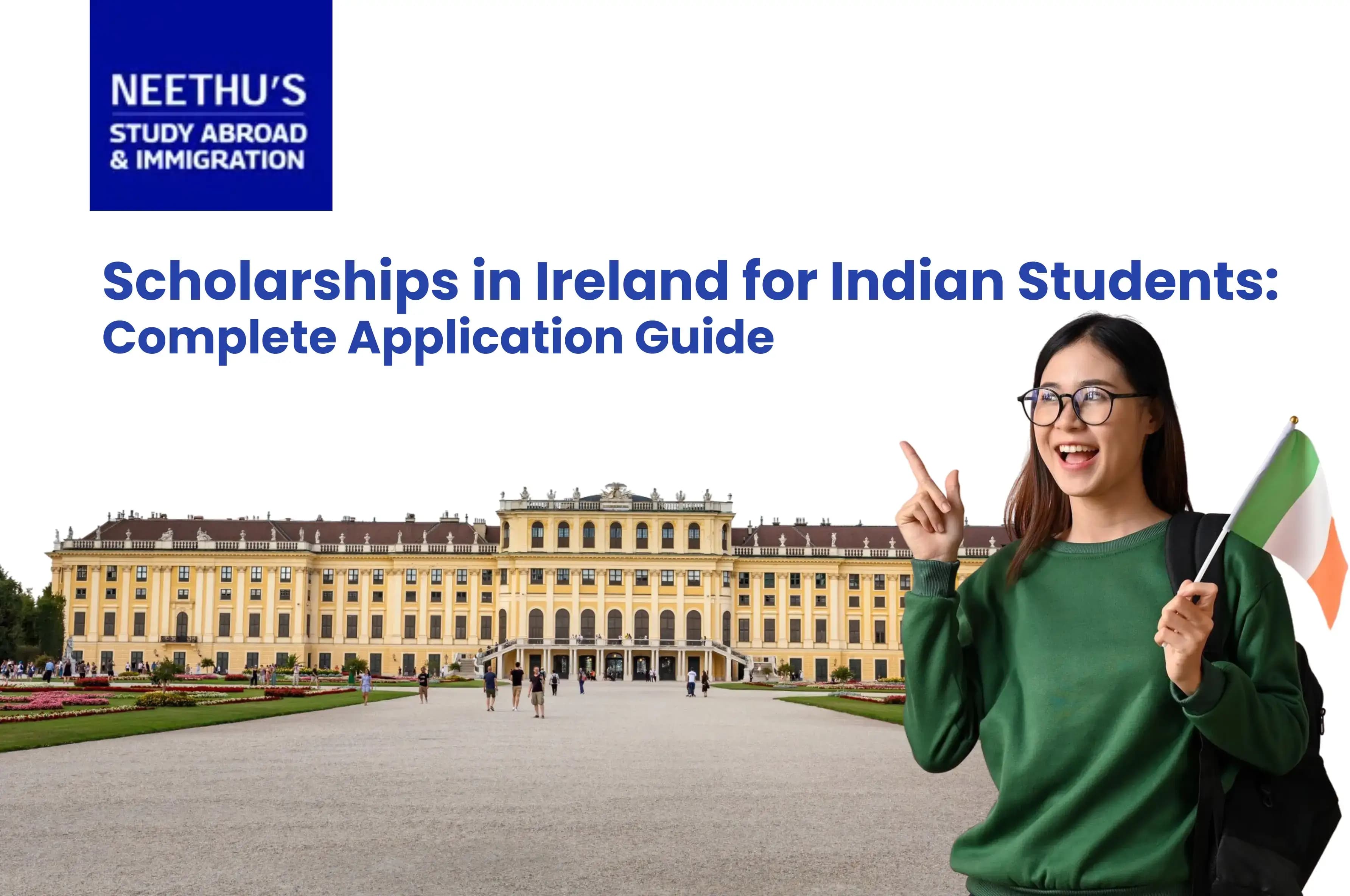


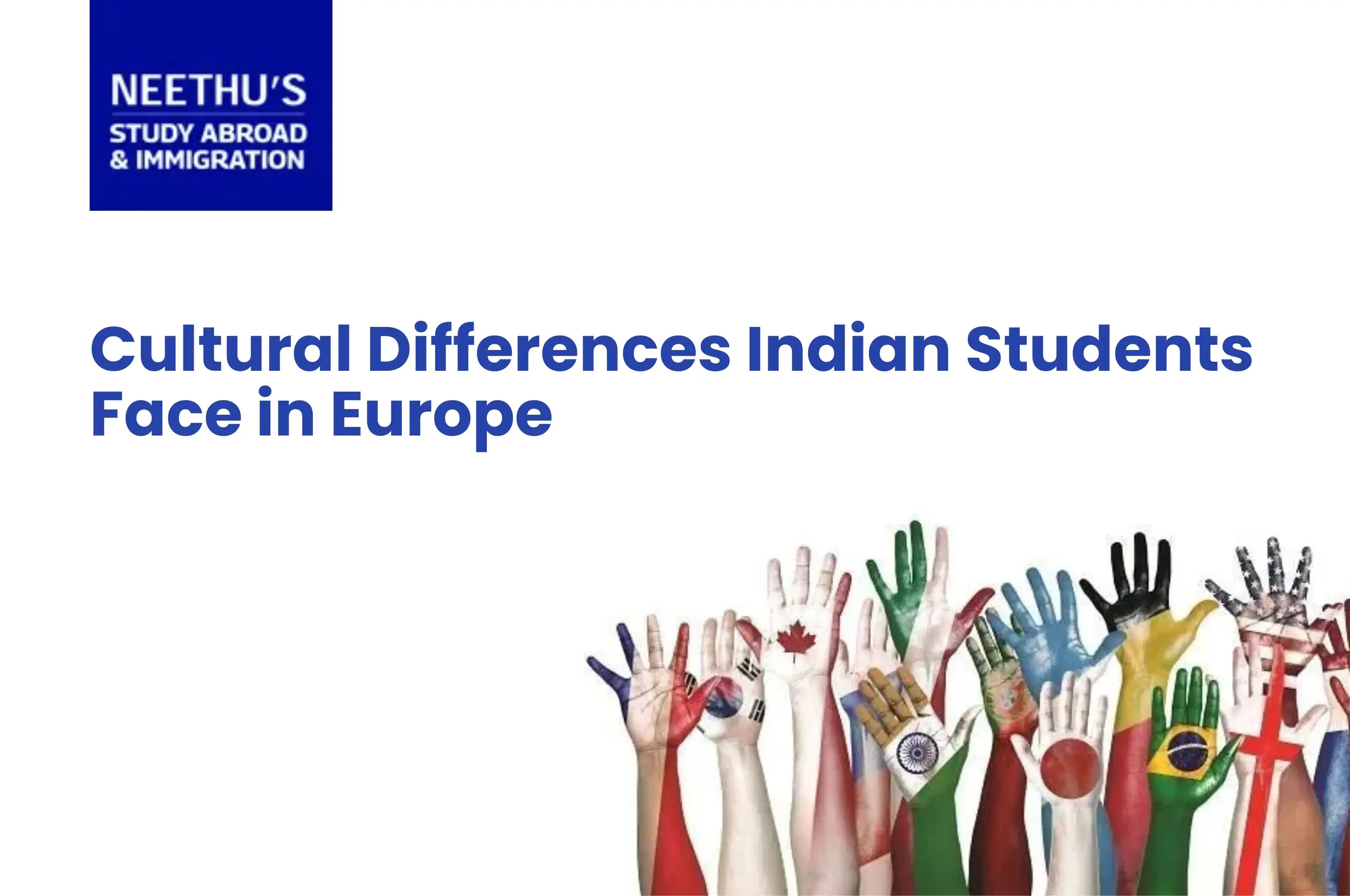





































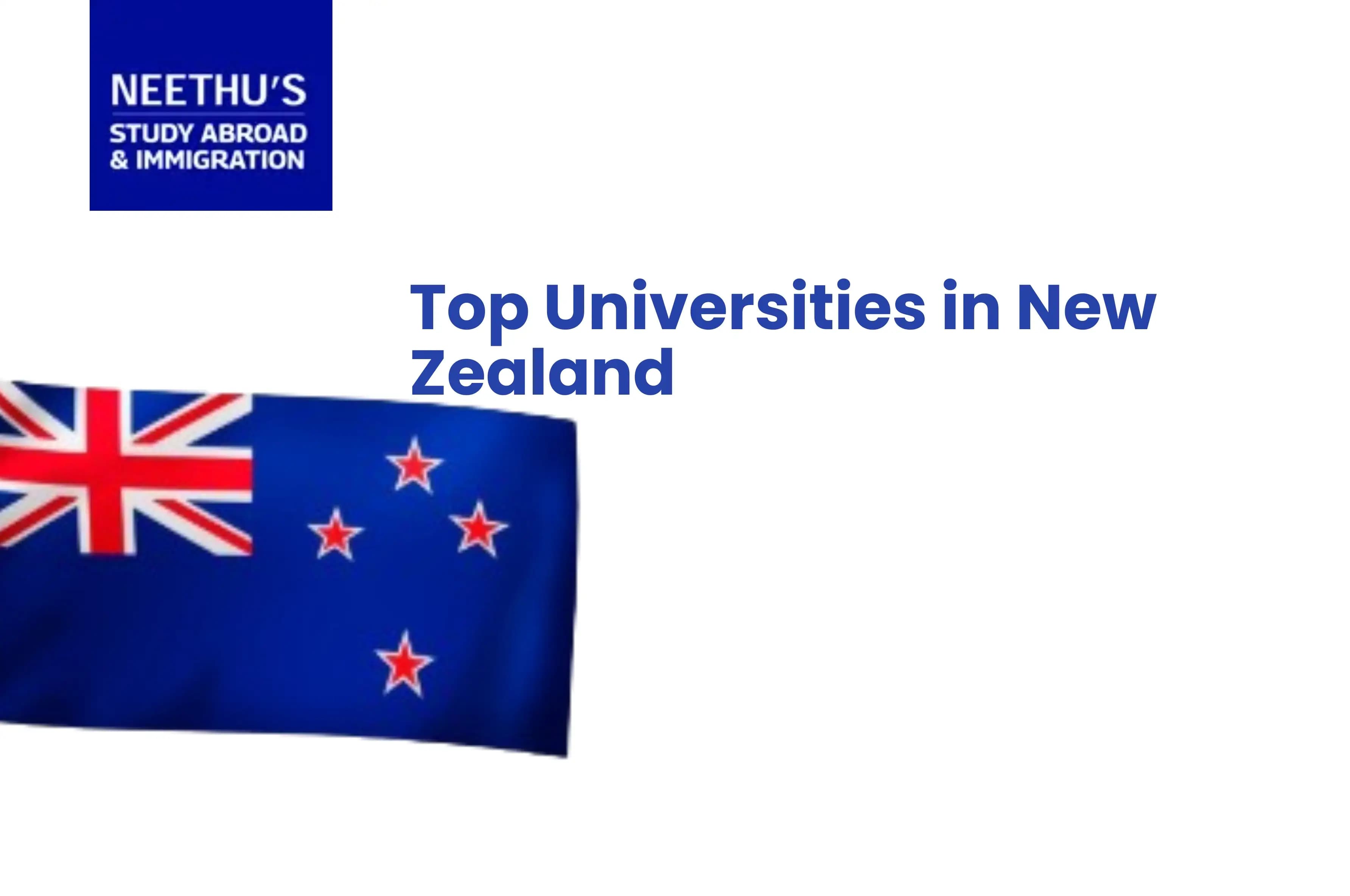
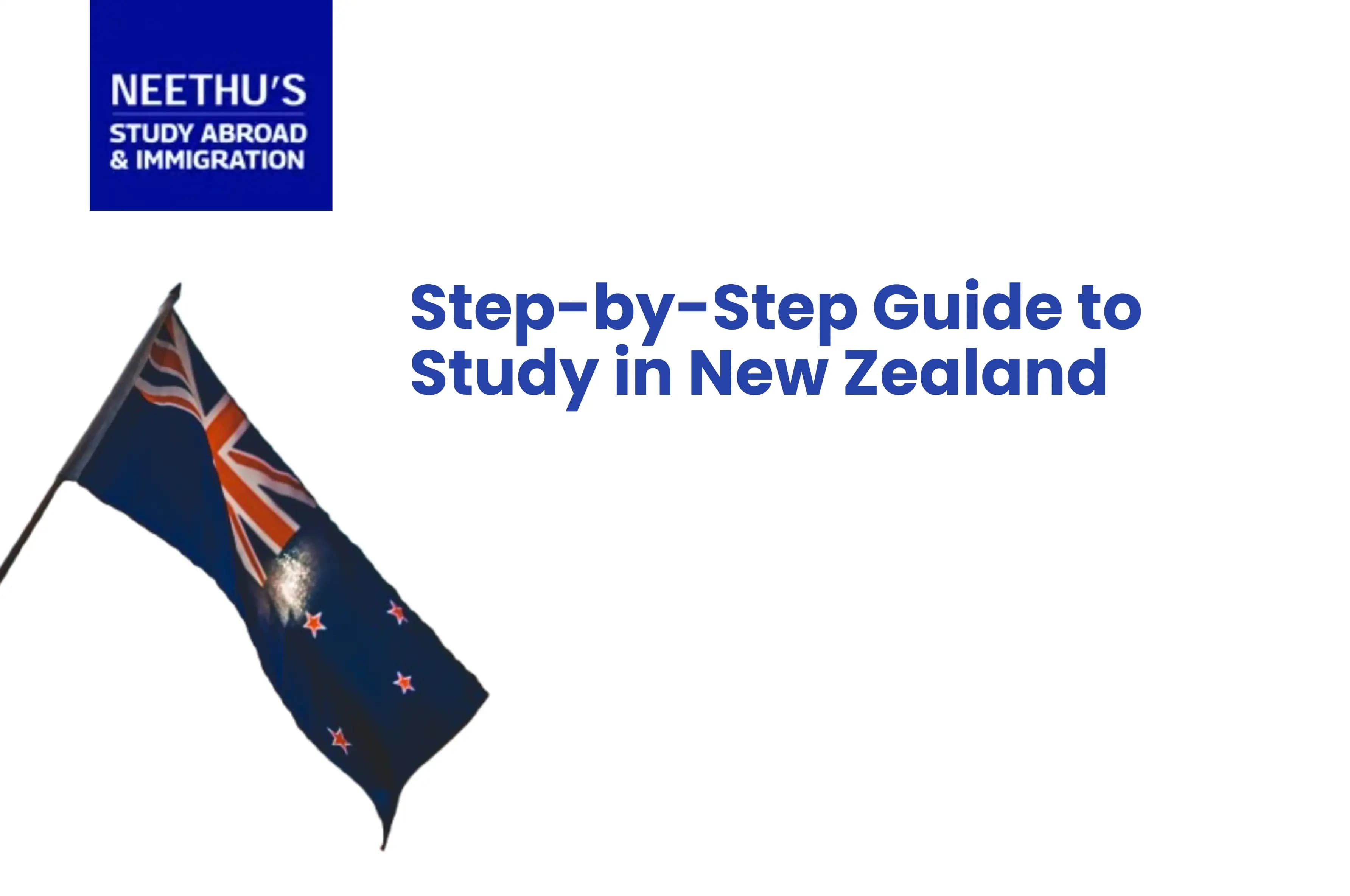



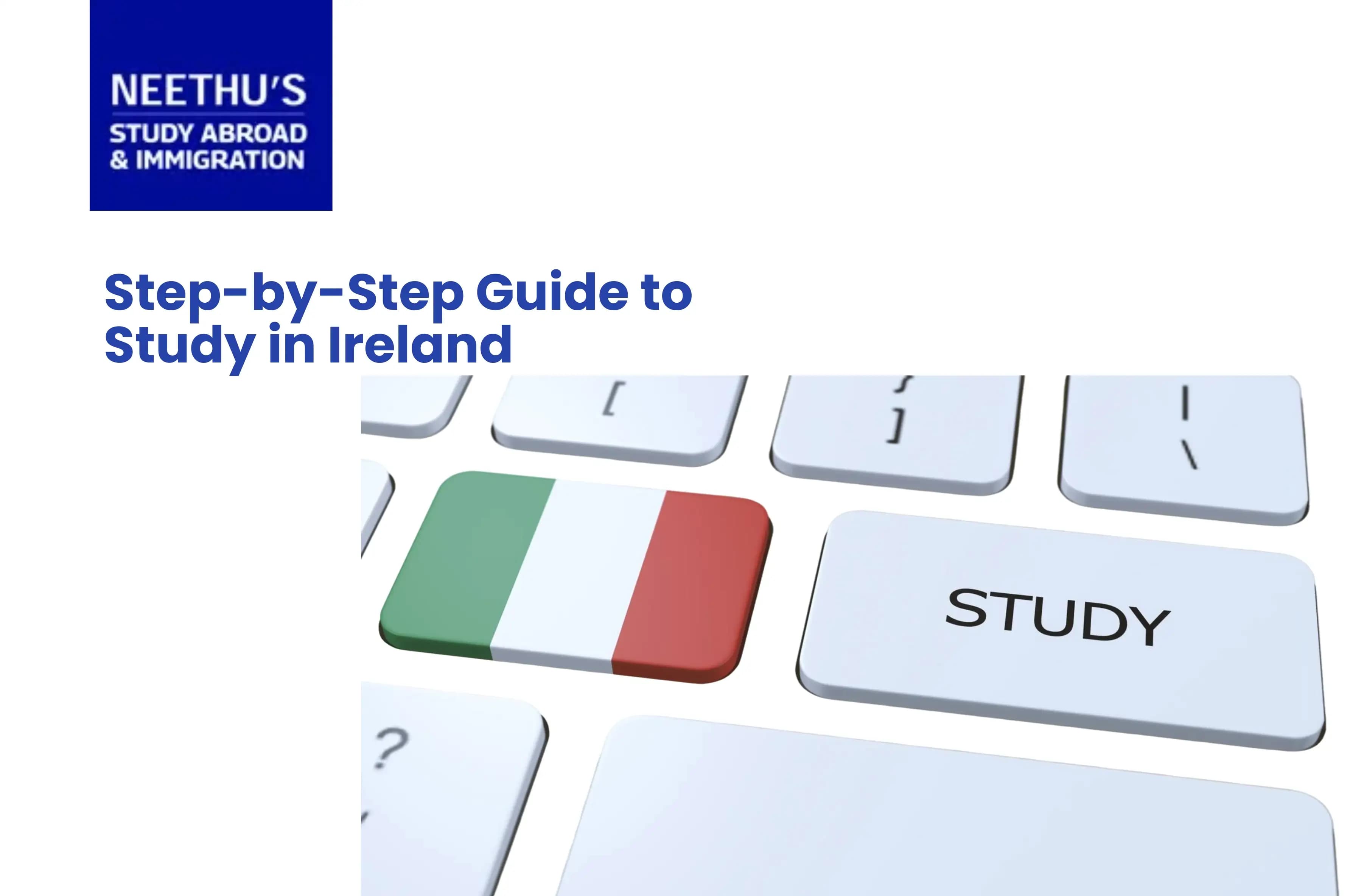



_12-06-2025_03-40-35%20PM.webp&w=3840&q=75)

